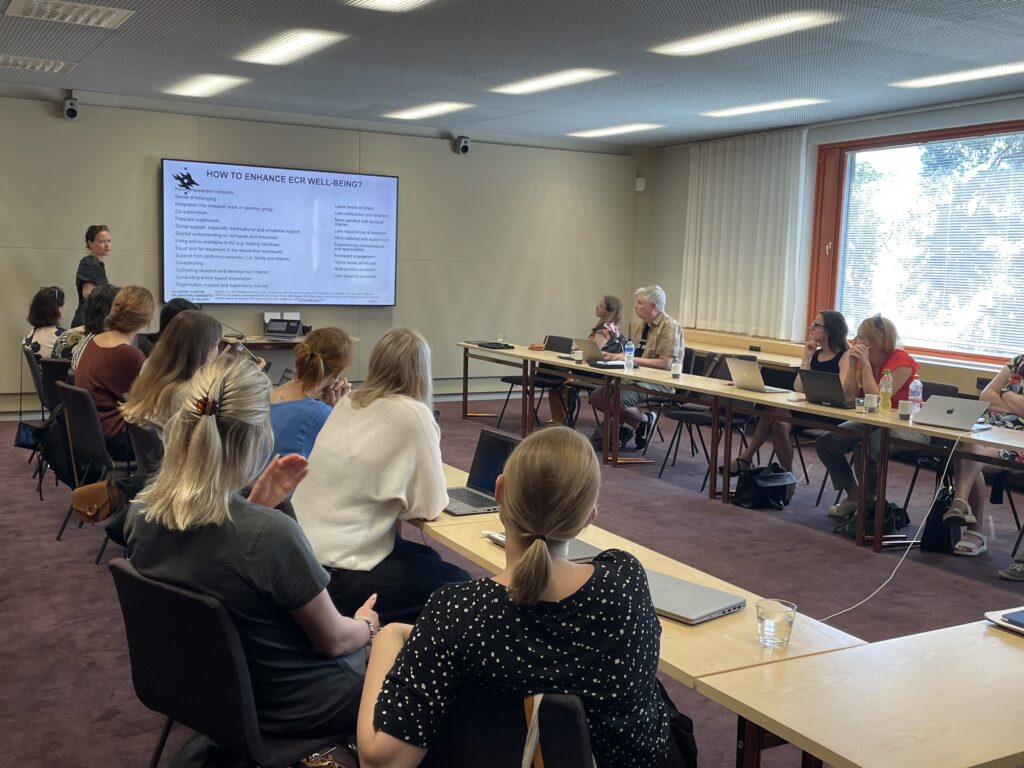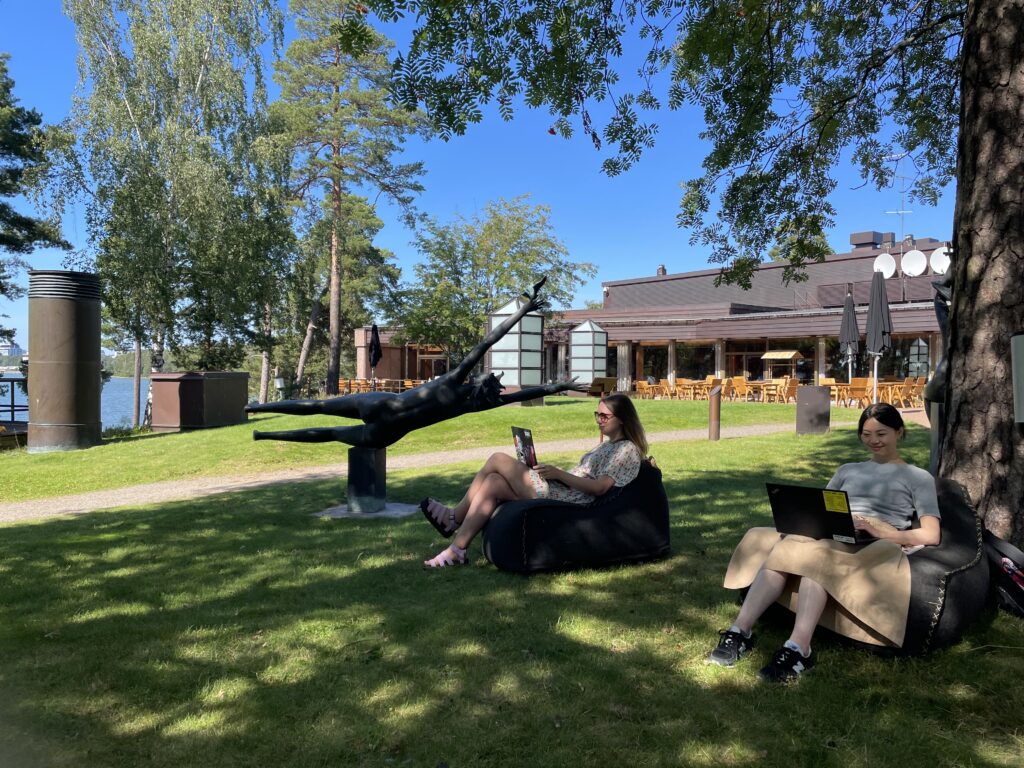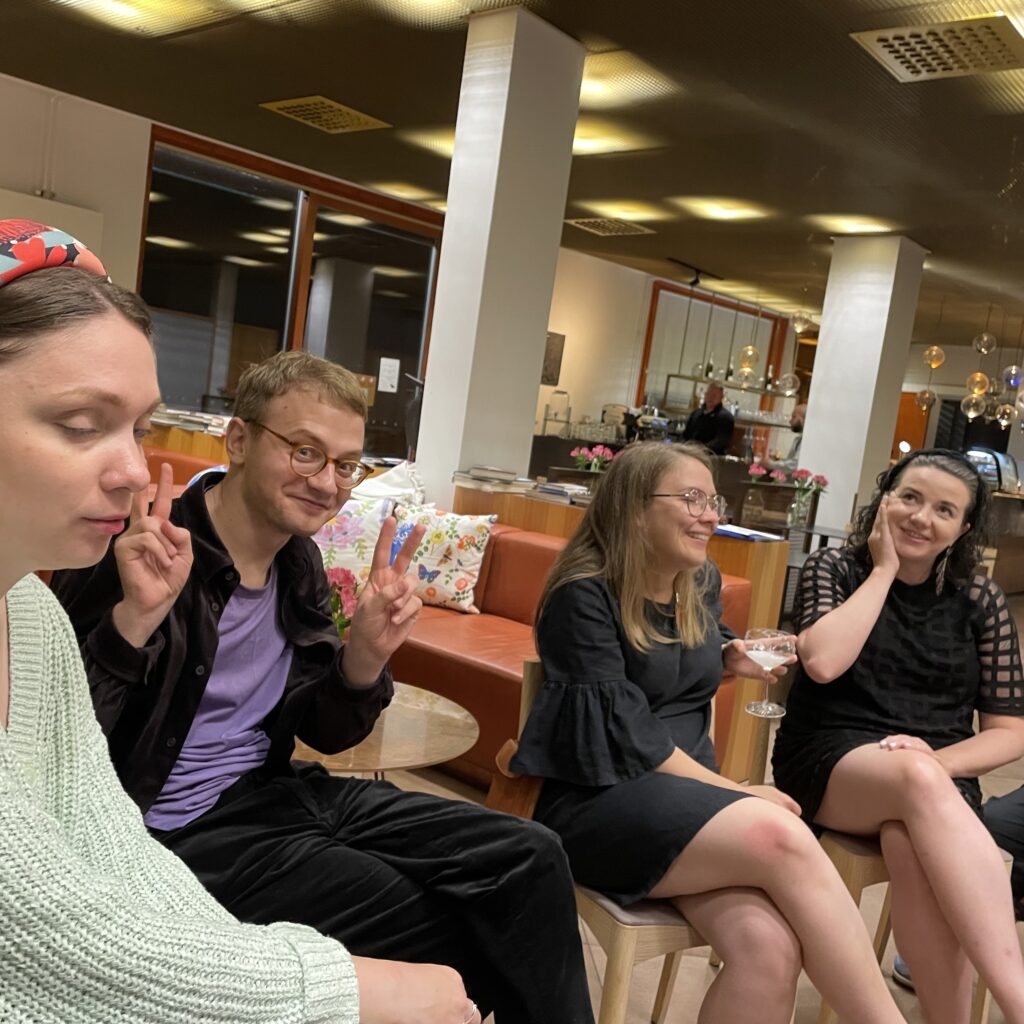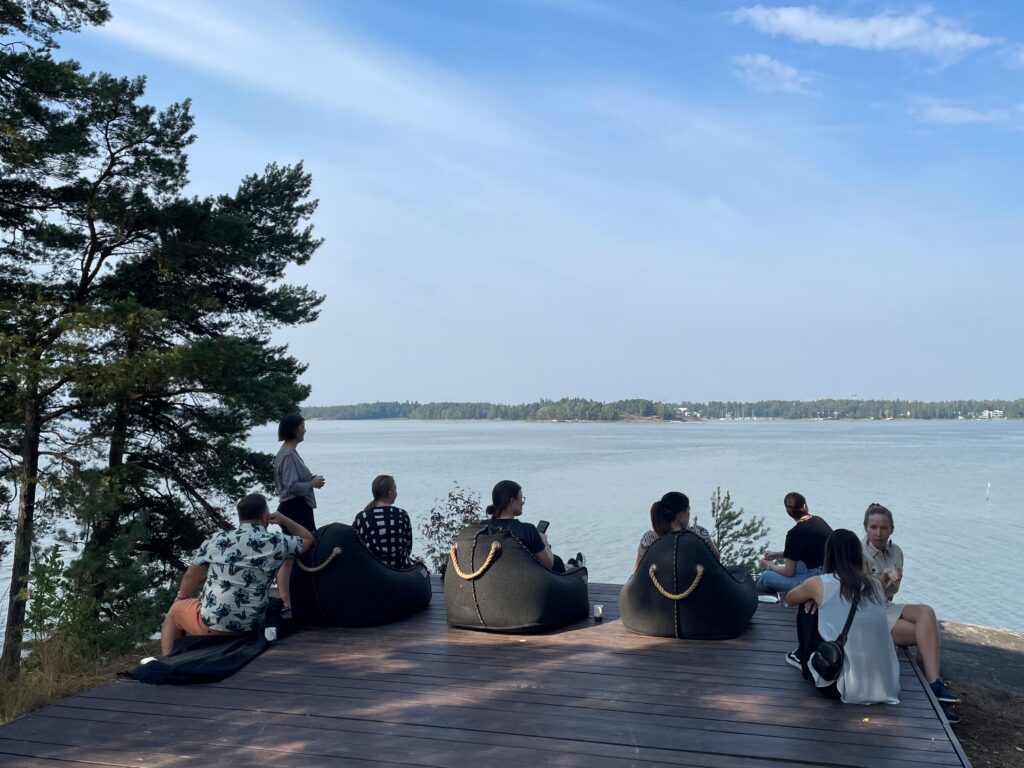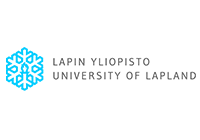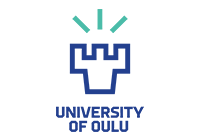Attention, PhD researchers: the call for FinEd’s annual scientific writing workshop is about to open on Monday 25 March 2024.
What, where, when? The workshop focuses on the processes of academic and scientific writing, including individual and group work, mentor and peer feedback on participants’ texts, and interesting keynote speeches. Furthermore, it offers early career researchers an opportunity for networking, peer support, and making new friends. The workshop will be held at Hanaholmen Conference Hotel in Espoo, from 14–15 August 2024 (Wednesday – Thursday). FinEd will pay the expenses of successful applicants (accommodation and meals; remuneration of travel within Finland).
For whom? Doctoral researchers from the doctoral programmes on educational sciences of FinEd member universities, representing all paradigms, and writing either article-based or monograph dissertations, are invited to apply. Please note that while we welcome applicants at all stages of the PhD process, to get the most out of the workshop, you should have a textual part of your thesis (e.g., a section of an article, or chapter of your monograph/summary) to work on at the workshop. Participants will be asked to submit this for mentor comments before the workshop.
Based on the applications, max. 25 participants will be chosen by a committee of five FinEd steering group members, with a view to facilitating diversity (aiming for equal representation of FinEd member universities, researchers from different paradigms and at different stages of the PhD process), and with specific importance given to the motivation letter.
How to apply? To apply, please fill in the application form https://link.webropol.com/s/FinEdworkshop2024 and include a motivation letter of max. 500 words, describing why you are applying to the workshop and why you think you would benefit from it in your PhD process. The application period is from 25 March – 19 April 2024. Successful applicants will be informed about the choice in mid-May, with binding enrolment requested by the end of May.
If you have any questions, please do not hesitate to contact FinEd coordinator Anna Rawlings (anna.rawlings@uef.fi). We look forward to receiving your applications, see you in August!

